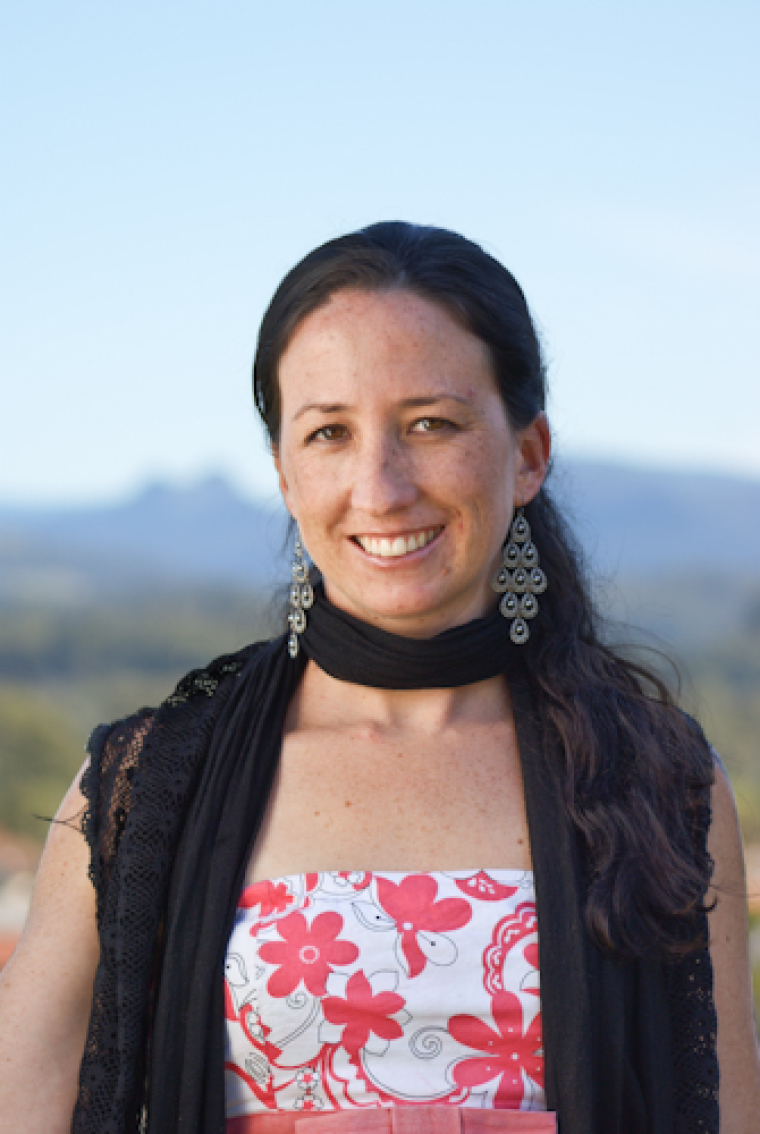
Only 11 (of more than 700) abattoir facilities in Indonesia were televised mistreating the animals severely. South Australia Senator Nick Xenophon has received hundreds of emails and calls since the program aired. "People have been distressed and upset including a number of farmers who've contacted me saying 'this is not how you treat animals'," he said.(www.abc.net.au).
More than 400,000 Australians pleaded with the Government to cease live cattle export in the last few weeks using online polls, petitions, emails and phone calls to express their opinions.
My response has been emotional. I cried for these poor animals and the treatment they endured at the hand of the abattoir workers, with somewhat pleased spectators watching on. Many thoughts have run through my mind since; the trusting and innocent nature of the animals and the pain that was being unfairly inflicted and my attempt to analyse the hearts of the people doing this.
I have been disturbed for the past few days after seeing the footage. It echoes in my mind as a vision. I wish I hadn't pressed the play button.
Having not seen the airing on the ABC, I was unaware of what I was about to view when I came across the report uploaded on a friend's Facebook page. I immediately put my name to a petition.
But this then begs the question, what about our farmers? What will become of their livelihood?
On average 520,000 cattle a year are exported to Indonesia, the ban would obviously affect the farmers financially.
I'm sure most Australian cattle owners would not be impressed at the conditions their animals find themselves in, but like the rest of us, they have to put food on the table. Perhaps it is a fine moral line for them. Debate is now pending as to whether Australian farmers will be subsidised for their losses.
Initially this ban by the Federal Government may be seen as a reaction to the public outcry, with no other quick-fix options on hand. ABC radio show "The World Today" with Eleanor Hall mentions that LiveCorp, the industry body owned and funded by Australia's livestock exporters, (in conjunction with meat and livestock producers) have drafted a list of solutions to address the concerns in Indonesian abattoirs. They have presented it to the Federal Government. LiveCorp CEO Cameron Hall says that whatever the Government decides to do, a review will be conducted of all the industry's activities and programs in all markets. (www.abc.net.au)
The livestock export standards, issued by the Department of Agriculture, Fisheries and Forestry, sets out very clear regulations for the export of the animals and their care and welfare. What is also clear is where the Australian Government's jurisdiction over the animals ends - when the final animal has disembarked from the export vessel. The health and welfare of the livestock is then the responsibility of the importer, under the authority of the country the cattle have been imported into.
For the subsequent handling of the cattle, the words 'fostering cooperation and goodwill' and the 'sharing of expertise' is mentioned in the Department's export standards. Australia also offers importing countries education, training and support.
A recent media release from the Department by Minister for Agriculture, Fisheries and Forestry, Senator Joe Ludwig outlines that the Australian and Indonesian Governments will now be working together. They hope to establish safeguards to ensure a transparent supply chain, perhaps even identifying 'good practice' abattoirs to be approved within the chain. Senator Ludwig has attempted to reassure the public stating that Australia will only move forward, once the appropriate standards have been met. "The trade to Indonesia will only recommence when we are certain industry is able to comply with that supply chain assurance," he said. (www.maff.gov.au)
Instead of a complete ban, potentially what the Government is working towards is a mutually beneficial plan to address this current cattle export dilemma.
God cares for the animals. They are His creation. In the first chapter of the Bible, God informs Adam of his responsibility as a caretaker of his creation here on earth, this includes all of our wildlife, feather, fur and fin (Genesis 1-28).
All animals are God's (Psalm 50:10) and we are answerable to God for our treatment, care and protection of them. Proverbs 12:10 says, "A good man takes care of his animals, but wicked men are cruel to theirs." Proverbs 31:8 also supports Australia's voice "Speak up for those who cannot speak for themselves. Protect the rights of all who are helpless."
There are many atrocities being committed all over our planet. God's word indicates we are to be a voice for those afflicted and affected. I thank God that the issue of the mistreatment of our live cattle exports has come to light. I pray that Australia and Indonesia use this opportunity to educate the abattoirs highlighted during the program and that they embrace the opportunity to facilitate a change in the heart's of the people involved.